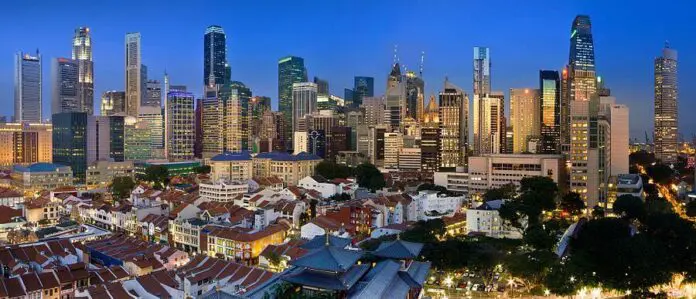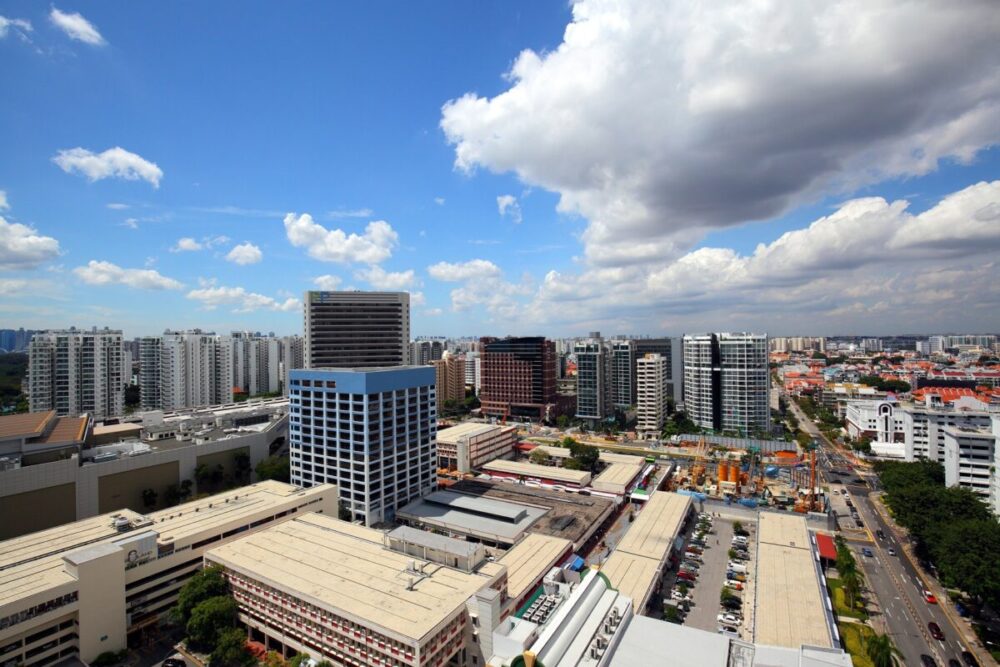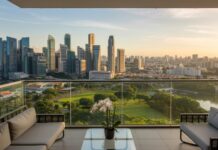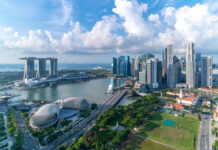
Singapore has emerged as a top choice for investors across the globe. With a stable economy, transparent regulations, and an attractive lifestyle, it offers many opportunities for those looking to invest in property.
However, investing in a foreign market comes with its own set of challenges. Foreign investors must understand local rules, market conditions, and key investment strategies.
This article offers practical advice on how to make smart property investments in Singapore. Whether you are a first-time investor or looking to expand your portfolio, the insights below can guide your decision-making process.
Table of Contents
Key Points
- Choose the right location for property investments.
- Understand the taxes and fees associated with property purchases.
- Learn about financing options available to foreign buyers.
- Consider factors like proximity to transport and hospitals.
- Be aware of government regulations and cooling measures.
- Hire professionals for guidance on legal and financial matters.
- Research the market trends before making decisions.
1. Location Matters

Location is one of the most crucial factors when investing in property. The right area can determine the success of your investment. In Singapore, choosing prime locations is essential. Properties located near MRT stations, shopping centers, and top schools usually attract higher demand and better resale value.
For example, Parktown Residence offers a central location that appeals to many investors. Its proximity to key business districts and leisure amenities makes it an attractive option for both renters and buyers. When considering a property, always focus on its connectivity and accessibility.
Investors should also research the local area’s future development plans. Government projects like new MRT lines or business hubs can significantly increase property value. Always look for growth potential in the surrounding area.
2. Taxes and Fees to Consider
Foreign investors in Singapore need to be aware of the taxes and fees associated with property purchases. One of the most significant costs is the Additional Buyer’s Stamp Duty (ABSD). This tax applies to foreign buyers and can be up to 30% of the property price.
Besides ABSD, investors must also pay Buyer’s Stamp Duty (BSD), which applies to all property buyers. It is calculated based on the purchase price or market value, whichever is higher. Additionally, there may be legal fees, valuation fees, and maintenance fees. These can add up, so it is crucial to factor them into your budget before purchasing a property.
3. Financing Options for Foreign Buyers

Financing is another key consideration for foreign investors. Many banks in Singapore offer loans to non-residents, but the loan-to-value ratio may be lower compared to what locals receive. This means foreign investors might need to provide a higher down payment.
It is important to shop around and compare the mortgage options available. Some banks have stricter lending criteria for foreign investors, while others may offer more attractive interest rates. Working with a mortgage broker can help you find the best deal.
In addition to traditional bank loans, some investors might consider financing options from private lenders. However, private loans may come with higher interest rates and stricter repayment terms. Ensure you fully understand the terms of any loan before signing an agreement.
4. Proximity to Essential Amenities
The proximity of a property to essential amenities can influence both rental yield and resale value. Properties located near hospitals, schools, and transportation hubs tend to attract more interest. This is especially true in Singapore, where convenience plays a significant role in the property market.
For example, properties near major hospitals such as Singapore General Hospital or Tan Tock Seng Hospital are in high demand among expatriates and locals. The assurance of quick access to medical services is a key factor for many buyers. Similarly, being close to top schools or business districts can increase a property’s appeal.
When assessing potential investments, always check for nearby healthcare facilities, shopping malls, and transport connections. These factors not only enhance the property’s livability but also ensure strong demand from tenants and future buyers.
5. Be Aware of Cooling Measures
Singapore’s government has implemented various cooling measures to prevent the property market from overheating. These regulations are in place to ensure price stability and control excessive demand, especially from foreign buyers.
Investors need to stay updated on these measures as they can impact the overall cost of investment. For instance, recent hikes in ABSD rates have made it more expensive for foreigners to buy properties. Other cooling measures include restrictions on the loan-to-value ratio and a minimum holding period for resale properties to avoid hefty taxes.
It is crucial to consult with a property lawyer or real estate agent to fully understand how these measures may affect your investment strategy. Staying informed about government policies can help you make more informed decisions.
6. Hire Professionals for Guidance

Navigating the property market in a foreign country can be complex. Hiring the right professionals can save you time, money, and potential legal complications. Foreign investors are encouraged to work with experienced real estate agents, property lawyers, and financial advisors.
A good real estate agent can guide you through the purchasing process, help you find the right property, and negotiate the best deal. Property lawyers will ensure that all contracts and legal documents are in order. Financial advisors can offer advice on tax planning, mortgage options, and other financial considerations.
Investing in professional services may seem like an additional cost, but it can save you from costly mistakes in the long run. Ensure that you choose professionals with experience in dealing with foreign buyers and the local market.
7. Research the Market Trends
Investors need to stay informed about the latest market trends. The Singapore property market is dynamic, and prices can fluctuate based on various factors such as government policies, economic conditions, and foreign demand.
Monitoring property prices, rental yields, and vacancy rates can help you identify potential opportunities. Keep an eye on emerging neighborhoods that offer better value for money and higher growth potential. These areas may provide better returns compared to already established locations.
It is also important to follow market reports and analysis from reputable sources. Understanding market trends can help you make informed decisions, whether you are looking to buy, rent, or sell.
Final Thoughts
Investing in property can be a lucrative venture for foreign investors. Singapore offers a stable market, but it is important to do thorough research, understand local regulations, and seek professional advice. By considering factors like location, financing, taxes, and market trends, you can make more informed investment decisions.







